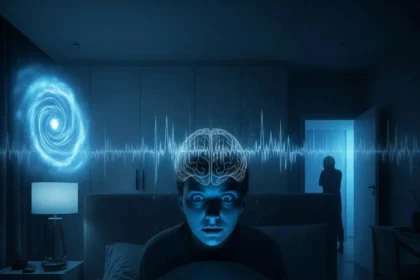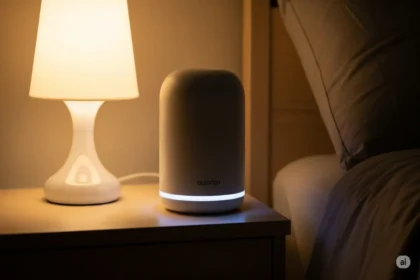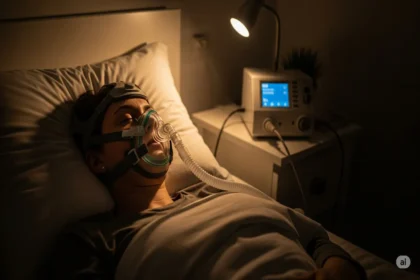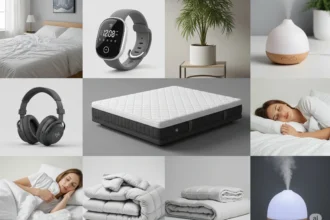Unlock better sleep with a smart sleep tracker. Discover how these devices monitor sleep quality, patterns, and habits to help you rest more deeply each night.
Beyond the Basics: How Smart Sleep Trackers Work
Modern smart sleep trackers utilize advanced sensors and algorithms to monitor various physiological signals throughout the night. Depending on the device, this can include:
- Heart Rate & Heart Rate Variability (HRV): Indicators of your body’s recovery and stress levels.
- Respiratory Rate: Breathing patterns, which can flag potential issues like sleep apnea.
- Movement & Restlessness: Detecting how much you toss and turn.
- Skin Temperature: Subtle shifts can indicate illness or menstrual cycles.
- Sleep Stages: Differentiating between light sleep, deep sleep, and REM sleep – crucial for understanding restorative rest.
- Snoring & Sound: Audio analysis to identify sleep disturbances.
By collecting this rich data, smart trackers provide a comprehensive picture of your sleep architecture, helping you understand how you’re sleeping, not just when.
Key Benefits for Your Sleep Journey
- Early Detection of Issues: While not medical devices, consistent tracking can sometimes highlight patterns (e.g., frequent breathing disturbances) that might warrant a conversation with a healthcare professional.
Choosing Your Smart Sleep Tracker: What SlumberJunction Recommends
The market offers a variety of smart sleep trackers, each with its own strengths. When considering one, we suggest looking for:
- Comfort & Form Factor: Do you prefer a ring (like Oura), a wristband (like Whoop or Fitbit), a headband (like Muse), or a non-wearable mat under your mattress (like Withings Sleep)? Choose what feels most comfortable for consistent use.
- Accuracy: While no consumer device matches clinical polysomnography, look for brands with a reputation for reliable data collection.
- App Features & Usability: Is the accompanying app intuitive? Does it provide clear, actionable insights? Are there guided meditations, smart alarms, or coaching features?
- Battery Life: How often do you need to charge it? Longer battery life means less interruption.
- Subscription Model: Be aware that many advanced trackers require a monthly or annual subscription for full features and historical data. Factor this into your budget.
Who Is This For?
A smart sleep tracker is an invaluable tool for:
- Anyone curious about their sleep patterns and eager to optimize their rest.
- Individuals experiencing fatigue despite seemingly adequate sleep.
- People looking for motivation and accountability to improve sleep habits.
- Athletes or those focused on recovery and performance.
- Those who want to identify potential sleep disruptors in their environment or routine.
Disclaimer: The information provided in this article is for general informational purposes only and does not constitute medical advice. It is not a substitute for professional medical advice, diagnosis, or treatment. Always seek the advice of your physician or other qualified health provider with any questions you may have regarding a medical condition. Never disregard professional medical advice or delay in seeking it because of something you have read on this website.














